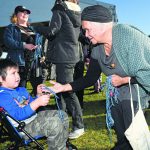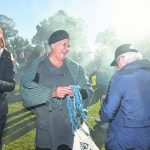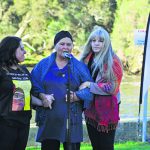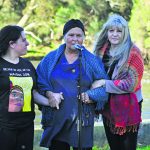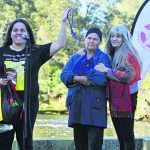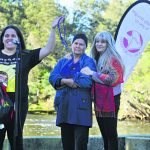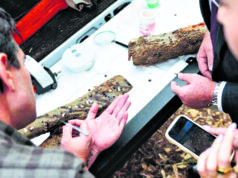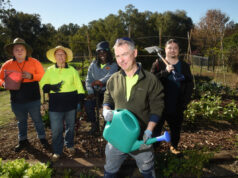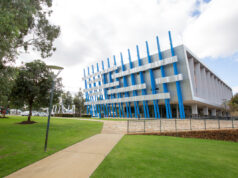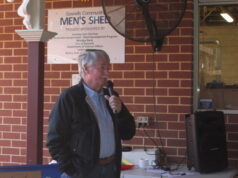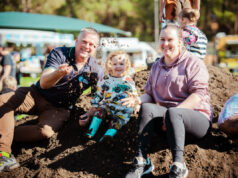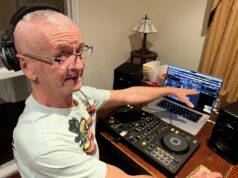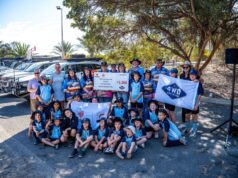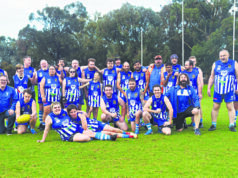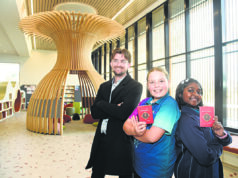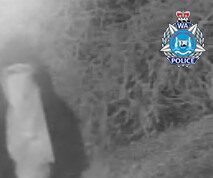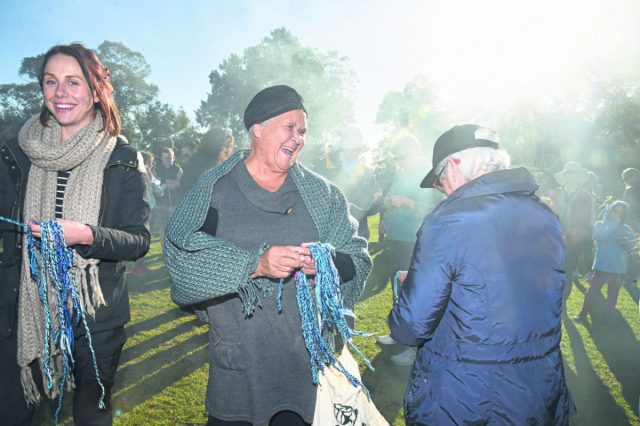
“Because of Her, we Can.”
The motto of 2018’s NAIDOC Week celebrations carries a significant weight in communities such as Canning, where the ever-important impact of women – mothers, aunties, grandmothers and more – cannot be doubted.
National NAIDOC Co-Chair Dr Anne Martin said the event was a chance to talk about the significant roles Aboriginal women play as pillars of society.
“As leaders, trailblazers, politicians, activists and social change advocates, Aboriginal and Torres Strait Islander women fought and continue to fight, for justice, equal rights, our rights to country, for law and justice, access to education, employment and to maintain and celebrate our culture, language, music and art,” she said.
“They continue to influence as doctors, lawyers, teachers, electricians, chefs, nurses, architects, rangers, emergency and defence personnel, writers, volunteers, chief executive officers, actors, singer songwriters, journalists, entrepreneurs, media personalities, board members, accountants, academics, sporting icons and Olympians, the list goes on.
“They are our mothers, our elders, our grandmothers, our aunties, our sisters and our daughters.”
At the same time, Dr Martin said it was equally important to remember the trials and sacrifices Aboriginal women represent in the history of treatment in Australia.
“Sadly, Indigenous women’s roles in our cultural, social and political survival has often been invisible, unsung or diminished,” she said.
“For at least 65,000 years, Aboriginal and Torres Strait Islander women have carried our dreaming stories, song lines, languages and knowledge that have kept our culture strong and enriched us as the oldest continuing culture on the planet.
“Aboriginal and Torres Strait Islander women were there at first contact.
They were there at the Torres Strait Pearlers strike in 1936, the Day of Mourning in 1938, the 1939 Cummeragunja Walk-Off, at the 1946 Pilbara pastoral workers’ strike, the 1965 Freedom Rides, the Wave Hill walk off in 1966, on the front line of the Aboriginal Tent Embassy in 1972 and at the drafting of the Uluru Statement.
“They have marched, protested and spoken at demonstrations and national gatherings for the proper recognition of our rights and calling for national reform and justice.”
This year, events throughout Canning will mark the moment, with the City of Canning’s NAIDOC Week Walk on Sunday.
Approximately 350 people attended the event, which was more than triple in comparison to last year, according to Mayor Paul Ng.
“Through the walk, the City of Canning wanted to highlight how Aboriginal and Torres Strait Islander women have fought and continue to fight for equal rights, law and justice, rights to country, equality in education and employment and the preservation and celebration of culture, language, music and art,” he said.
“I encourage our community to continue learning and discovering Noongar language in everyday life.”
NAIDOC Week runs until July 15. For a list of information and events, go to Naidoc.org.au.


